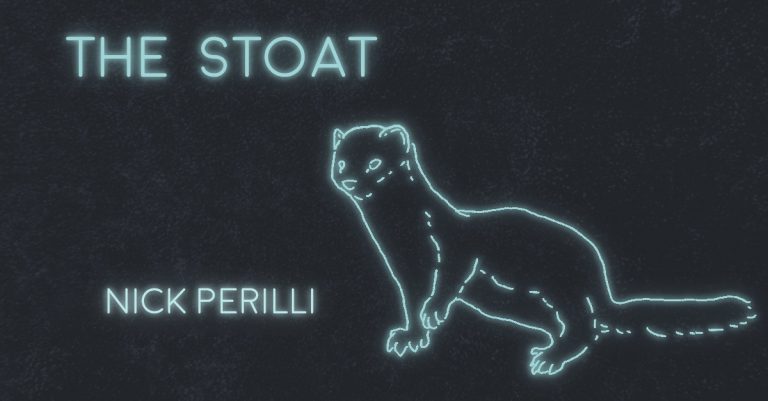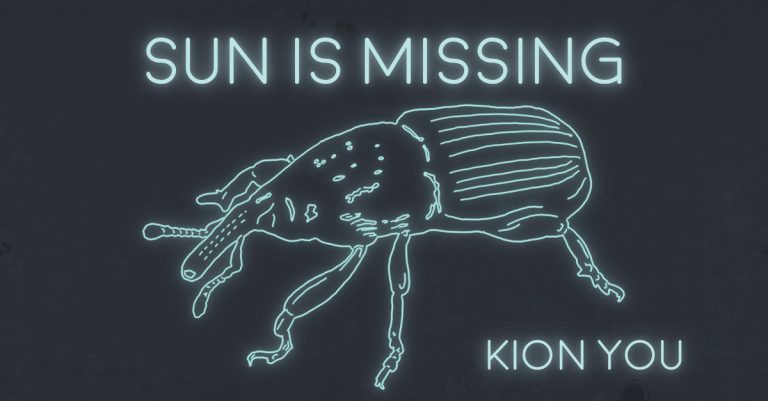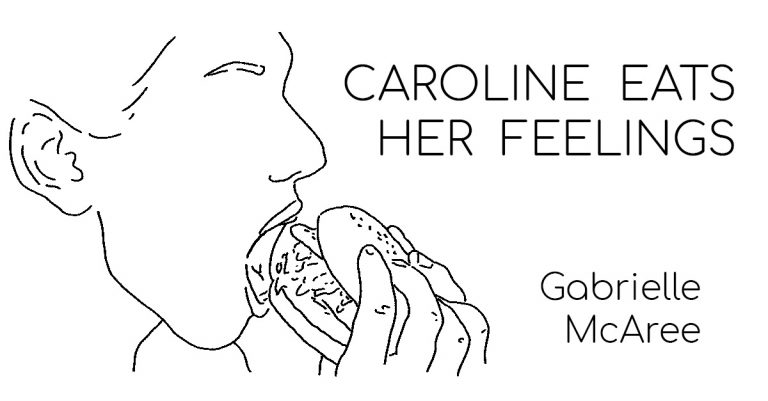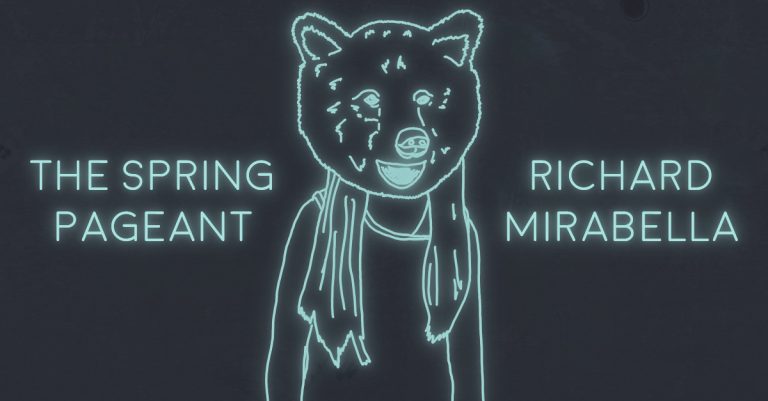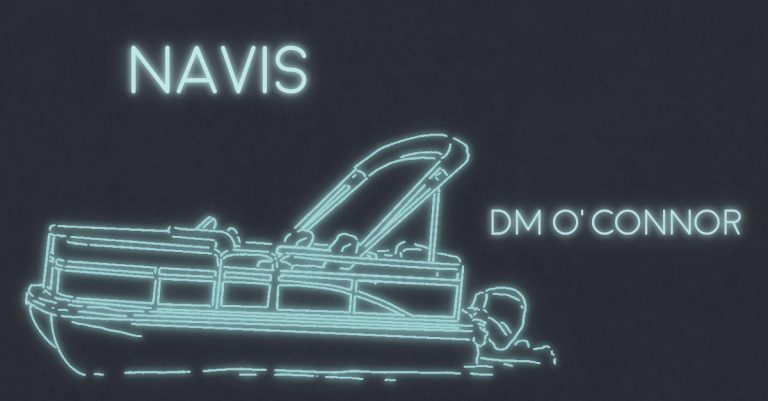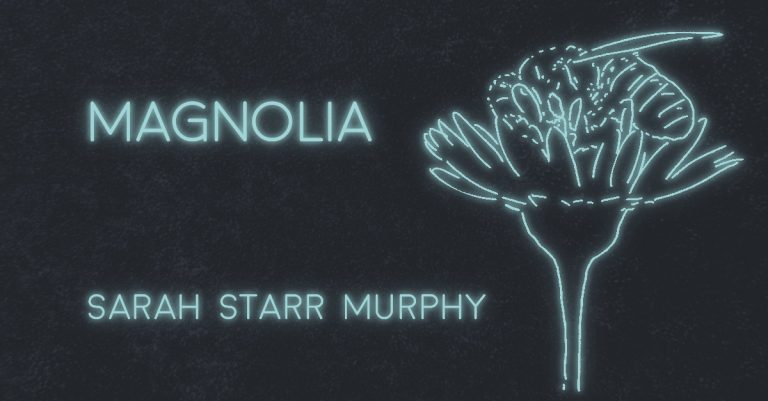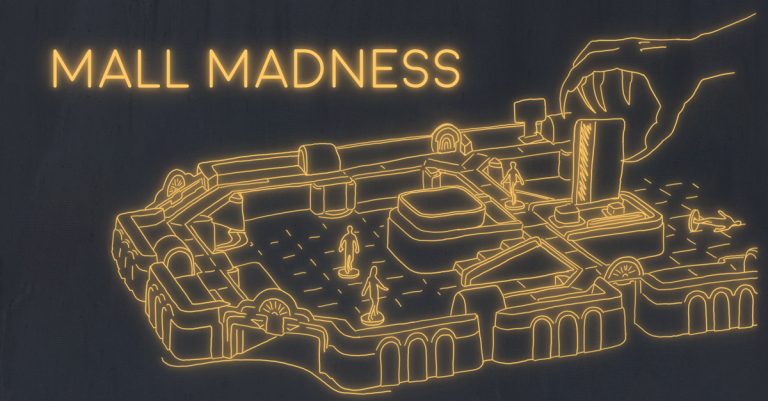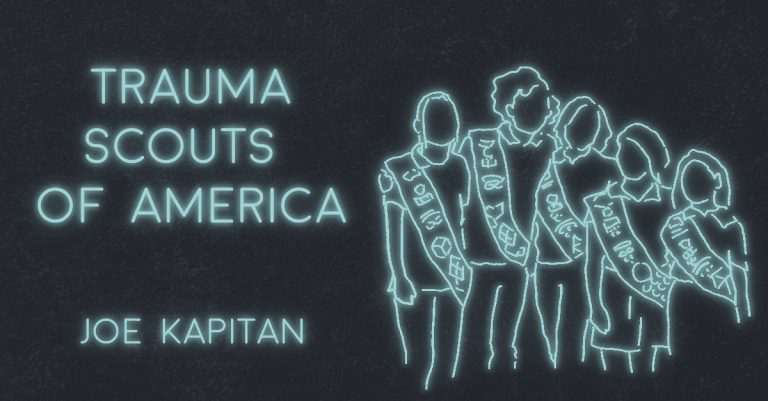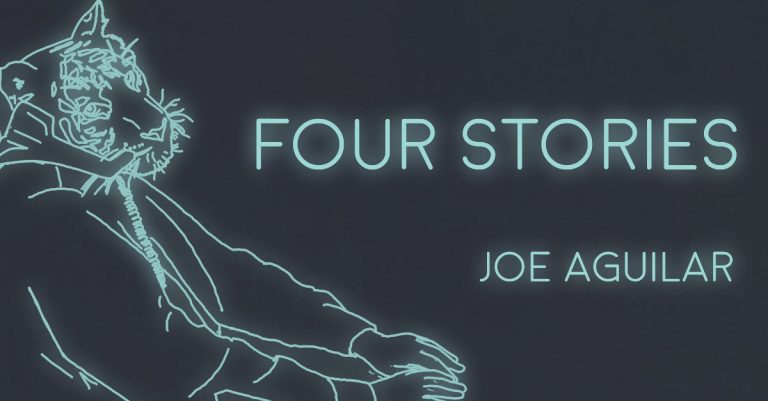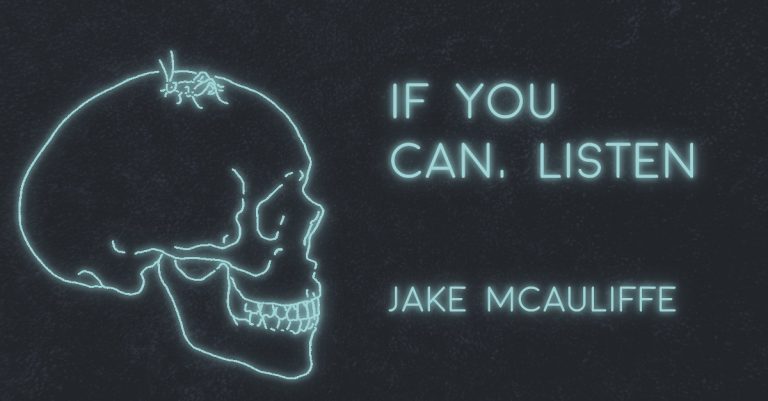
IF YOU CAN, LISTEN by Jake McAuliffe
First off, endings are quiet. As something/somelove dies, a spacetime wound will appear to you and crickets will come out. They will flood your ears and tickle your canals like cotton. Some cheeky crickety fucks are going to use your body as a musical instrument. This is normal. I think every bone and pipe inside the human body was placed on purpose. You may have heard the theory of “intelligent design” but try this: crickets frisking your insides for anything that can shake the air. That’s music, baby. And that’s how tinnitus comes about. It’s insects. It’s our slow air

